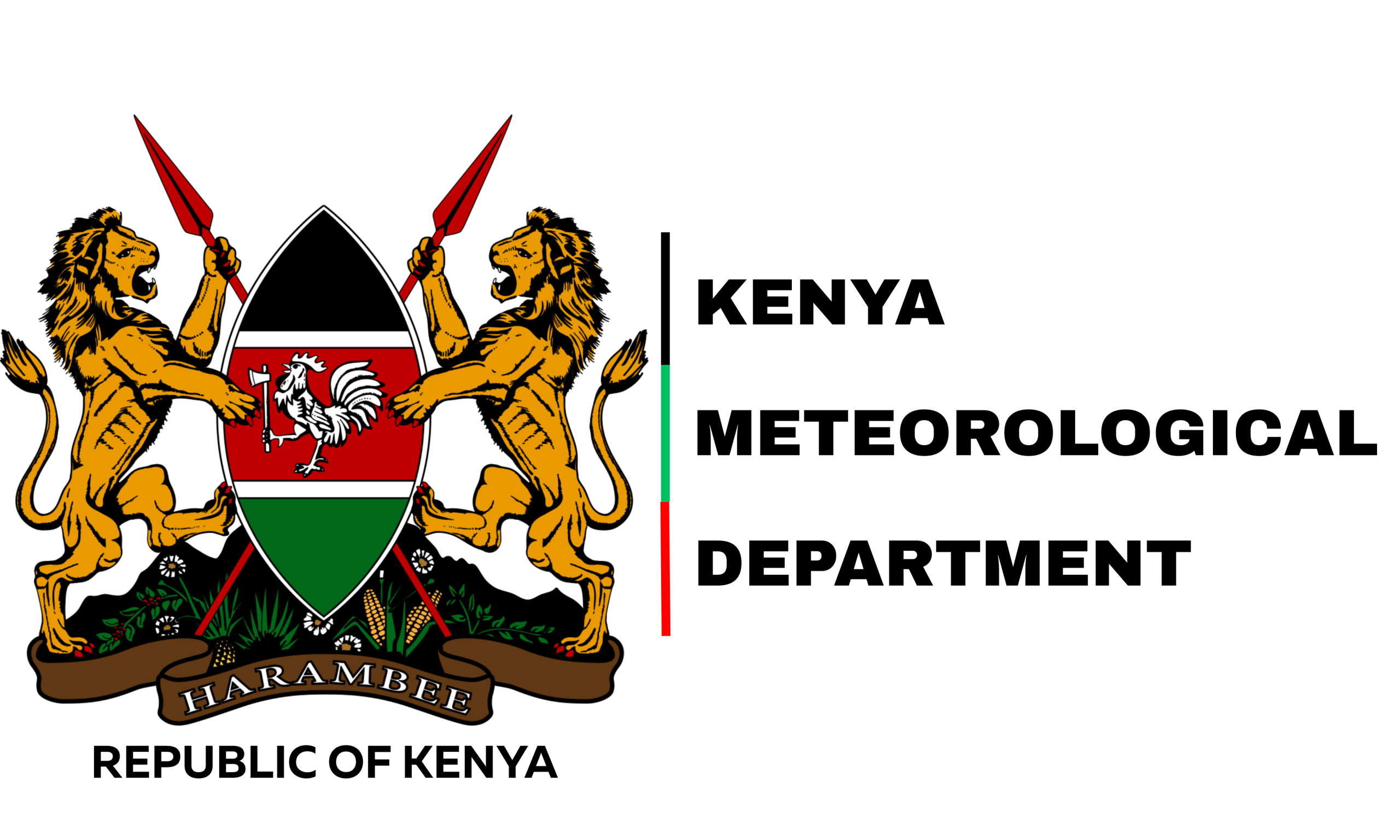SPECIALIZED APPLICATION COURSES
Advanced Training for Sector-Specific Meteorological Applications
In addition to our core and technician-level programs, IMTR offers a variety of Specialized Application Coursesdesigned to deepen technical capacity in key sectors where meteorology plays a critical role. These short-to-medium duration courses are tailored to meet the evolving demands of professionals working in areas such as aviation, agriculture, disaster risk reduction, water resource management, media communication, and climate services.
Key Focus Areas Include:
Climate Risk Management; Training professionals to assess, interpret, and apply climate information for planning and decision-making.
Disaster Management and Early Warning Systems; Enhancing the use of meteorological data for risk reduction, emergency response, and resilience planning.
Remote Sensing & Satellite Meteorology; Building capacity to use satellite products for weather analysis, forecasting, and environmental monitoring.
Geographical Information Systems (GIS) in Meteorology; Applying spatial analysis techniques for climate mapping, data visualization, and decision support.
Media and Climate Communication; Equipping communicators and broadcasters with skills to translate technical weather information into public-friendly formats.
Aeronautical Meteorology Refresher Courses; Designed for professionals already working in aviation meteorology who require regular updates and certification maintenance.
These courses are offered periodically or upon request, and are delivered by a multidisciplinary team of experts using interactive, hands-on methodologies.Explore how these specialized programs can advance your skills and strengthen your impact in your field.
At the Institute for Meteorological Training and Research (IMTR), we understand that different institutions, sectors, and professionals have unique training requirements based on their operational environments and strategic goals. That’s why we offer Tailor-Made Courses, flexible, client-driven programs designed in response to specific training needs identified by organizations, government departments, or professional groups. These courses are ideal for:
Staff capacity-building initiatives
Technical upskilling for specific roles
Specialized project or mission support
Cross-sectoral training (e.g., agriculture, aviation, disaster management, water resources)
Our team of experts ensure that each program is relevant, practical, and impactful
- ADVANCED METEOROLOGICAL INSTRUMENTS AND DATA MANAGEMENT COURSE
- CLIMATE CHANGE AND SUSTAINABLE DEVELOPMENT
